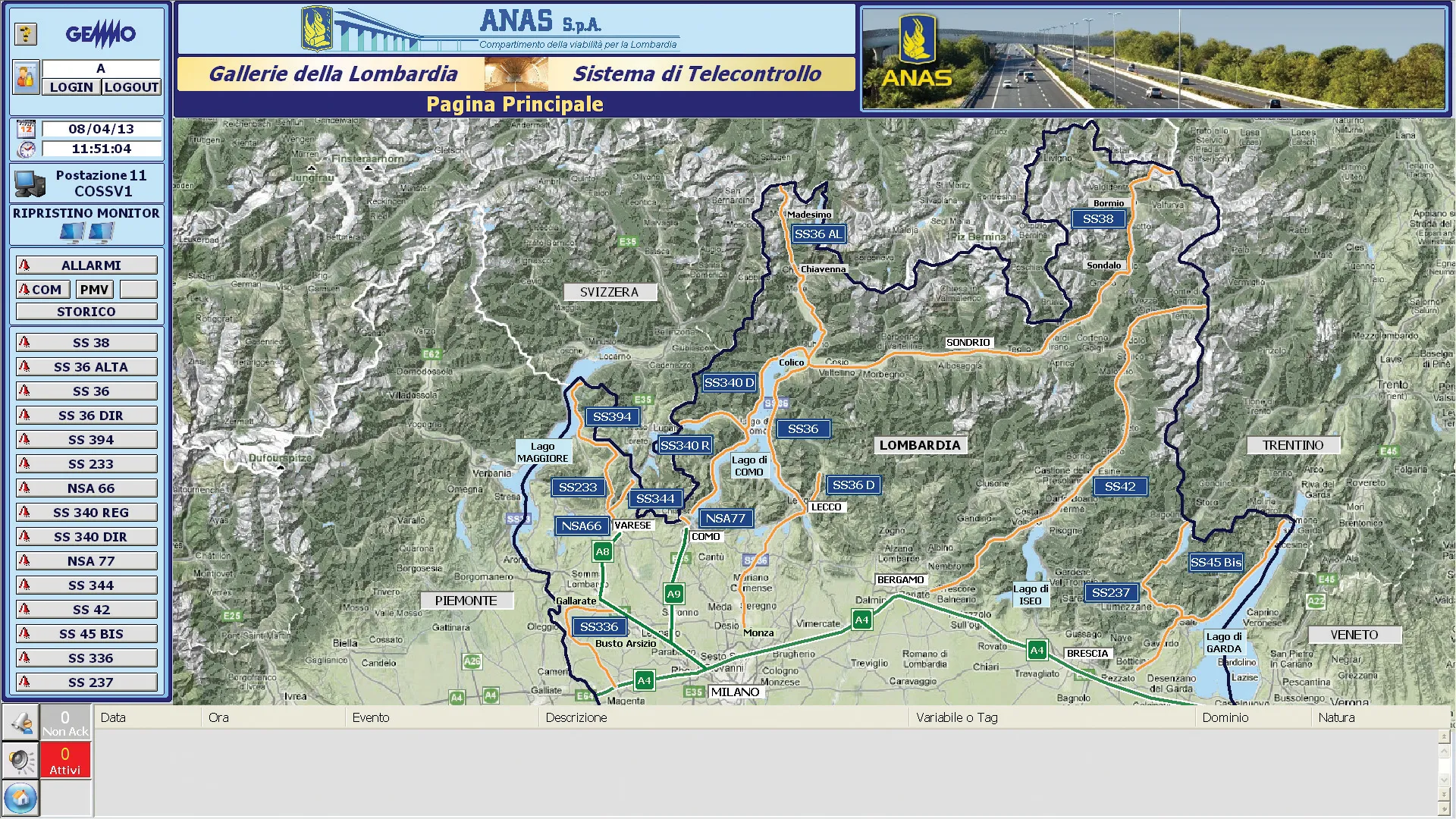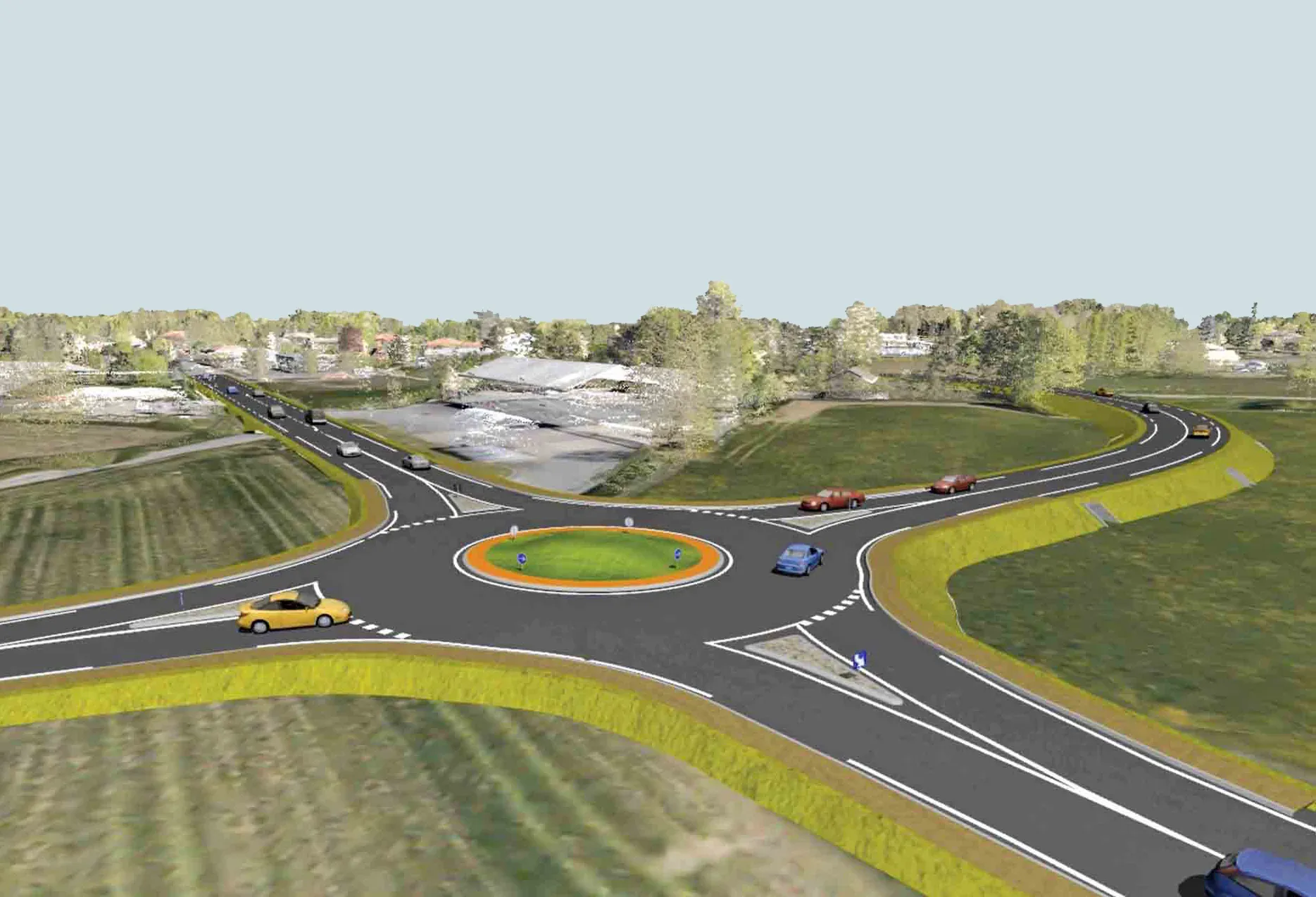Using cloud-based software from QRoutes, the council has reviewed 1,500 routes and re-planned transport for 4,000 special-educational-needs pupils, as well as 1,000 people entitled to social care transport.
Kent has a greater number of special-educational-needs clients than any other council in the UK, amounting to a €28.3 million annual budget. The transport service is run through flexible framework agreements with local bus and taxi operators. This negates the need for the council to own its own expensive fleet. But with 1,500 individual routes, QRoutes has enabled the council to plan and optimise the transport for every one of almost 5,000 clients, explained Shane Bushell, client transport manager for Kent. “It’s a task that would have been impossible with manual planning and we’ve achieved savings of up to 15% through improved routing and vehicle use.”
According to Kent, manually planning a route used to take the team of planners between two and three days. The QRoutes software performs the same task in a few minutes. Additionally, the computed results have proven to be better as the system can simultaneously handle variable factors such as stop times and other complexities affecting special needs, said Bushell.
Good routes with QRoutes
England’s Kent County Council has improved its special-educational-needs transport services with computerised routing technology that optimises transport efficiency by up to 15%.
Using cloud-based software from QRoutes, the council has reviewed 1,500 routes and re-planned transport for 4,000 special-educational-needs pupils, as well as 1,000 people entitled to social care transport.
Kent has a greater number of special-educational-needs clients than any other council in the UK, amounting to a €28.3 milli
September 28, 2018
Read time: 2 mins
England’s Kent County Council has improved its special-educational-needs transport services with computerised routing technology that optimises transport efficiency by up to 15%.









